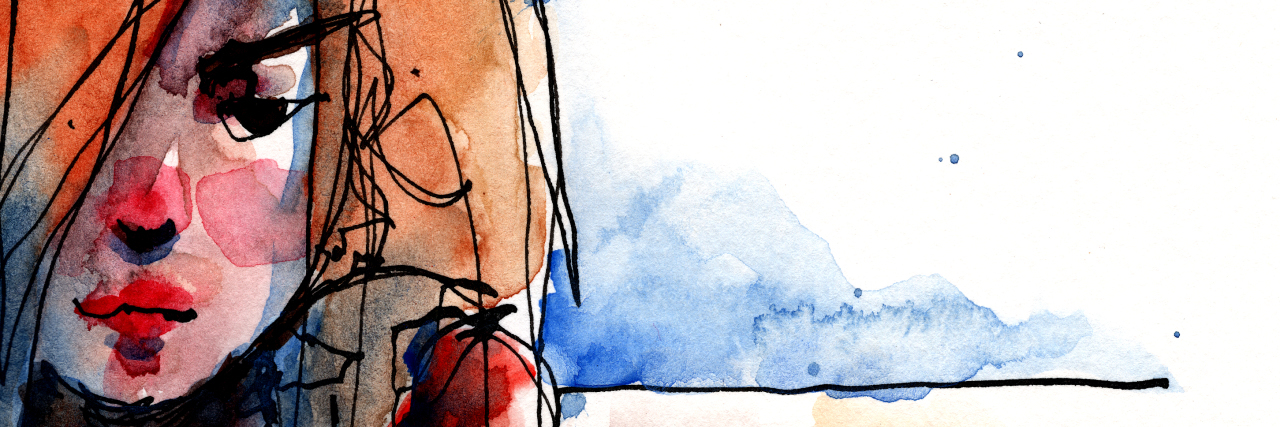Why Weight Shouldn't Determine How Bad My Eating Disorder Is
There’s a really screwed up thought process in dealing with eating disorder recovery: To me, it seems to be the only illness where you actually don’t believe you’re “ill” and your illness requires you to be “sicker” in order to feel like you can then get “better.”
If I have tonsillitis and I go to the doctors, I don’t feel the need to wait until I can’t swallow before I take some medication or rest. I don’t feel like I need to justify making a doctors appointment if my glands are so swollen that I can’t talk. I certainly don’t feel like I need to be more sick because they “might not believe my throat is sore.” I know my throat is sore, so why would I need to validate that?
This is what can make eating disorders so tricky. How can you even begin to get better or recover from an illness you don’t believe or see that you have? I know logically, my eating isn’t “normal.” I know logically, my body has changed. I know logically that my mind probably isn’t working the same way as someone who doesn’t think about food like I do. But do I have an eating disorder? No, of course not.
Who’s going to even believe me? Yes, my body has changed, even I can see that. Yes, my eating habits are a bit peculiar, but I don’t look ill, I don’t look at death’s door. Physically, Im fine.
But let’s scratch a little further here. Weight isn’t the all-consuming thing — let’s remember eating disorders are a mental illness, and one of the most deadly mental illnesses according to statistics.
Except with any eating disorder treatment — from my experience on the NHS — it is always about weight. An an outpatient clinic, they told me: “Its not about weight or BMI — except we’ll weigh you every week and focus on weight gain and when you reach a certain BMI we will discharge you.” This is despite the fact that for my whole adult life — and I’m 35 — my weight and BMI isn’t what they would consider “dangerous” or “sick enough.” The BMI they would regularly “discharge” me at isn’t even healthy for me; it’s a weight that my eating disorder thrives on. It’s a weight that I need help and support at, not to be discharged back into the community that I became sick in to battle on my own.
Physically, I’m actually not fine. My blood tests are fine, so professionals assume I’m “fine.” But they don’t take into account the dizzy spells and low blood pressure that occurs every night, or the aching legs from the exercise I force myself to do, or the fact that I sit typing here with freezing cold fingers because I can never get warm.
But in the past few weeks since I decided I wasn’t “sick enough” for treatment for my eating disorder, I’m ironically now sicker than ever. Without focusing on the psychological side of my eating disorder coping mechanisms, I’m just swapping one unhealthy coping mechanism for another.
But its OK, because I’m not sick enough for treatment, so I’m not really sick? That’s the biggest problem — my eating disorder never lets me believe that I’m sick, let alone sick enough. So for anyone reading this and contemplating help and recovery, please seek help and please find acceptance — you deserve it. I wish now I had believed I was sick and taken the help I was offered. I shouldn’t feel the need to have to justify how sick I feel inside my head. After all, if I had tonsillitis, I wouldn’t wait to get sicker before I focused on getting better.
If you or someone you know is struggling with an eating disorder, you can call the National Eating Disorders Association Helpline at 1-800-931-2237.
We want to hear your story. Become a Mighty contributor here.
Getty image via Archv

